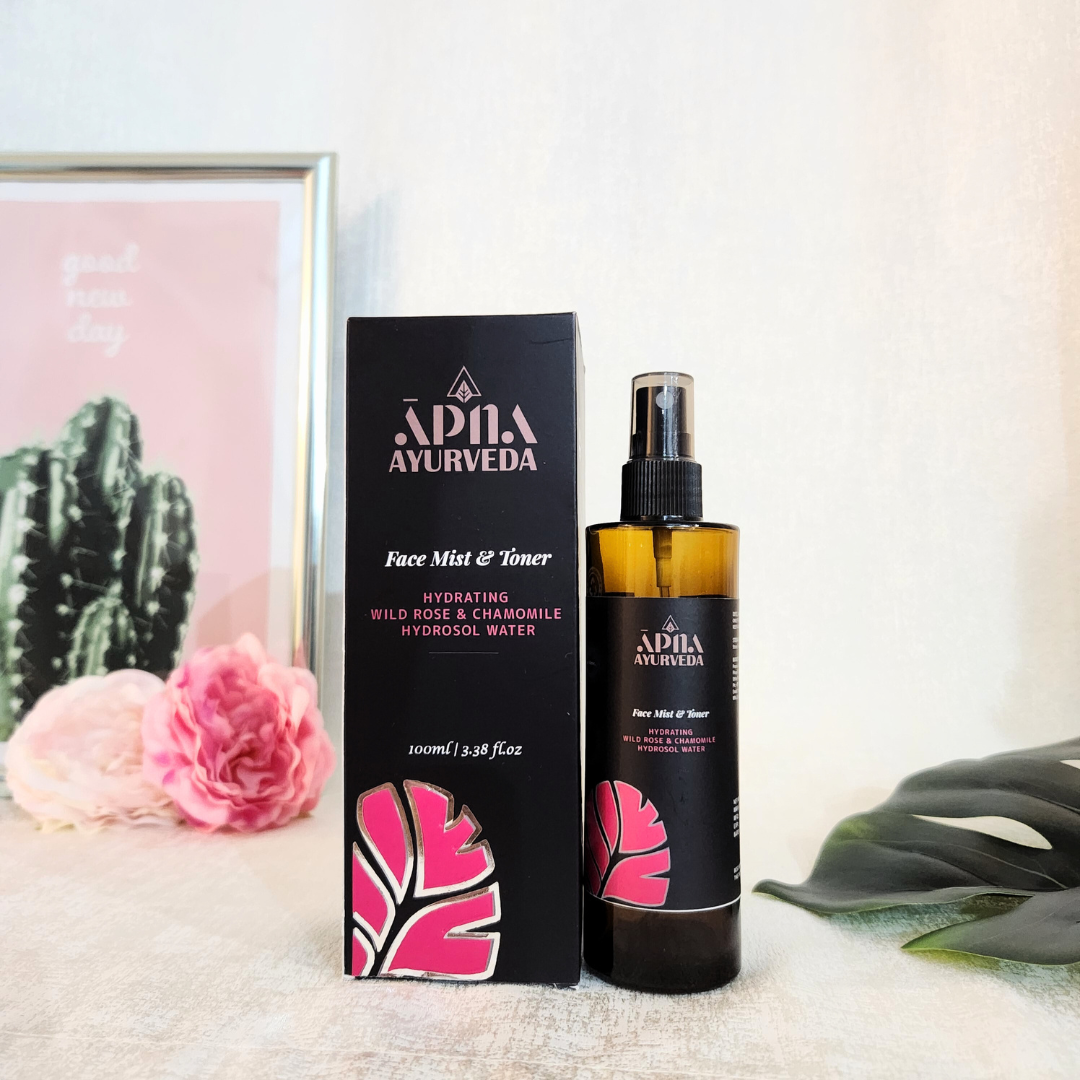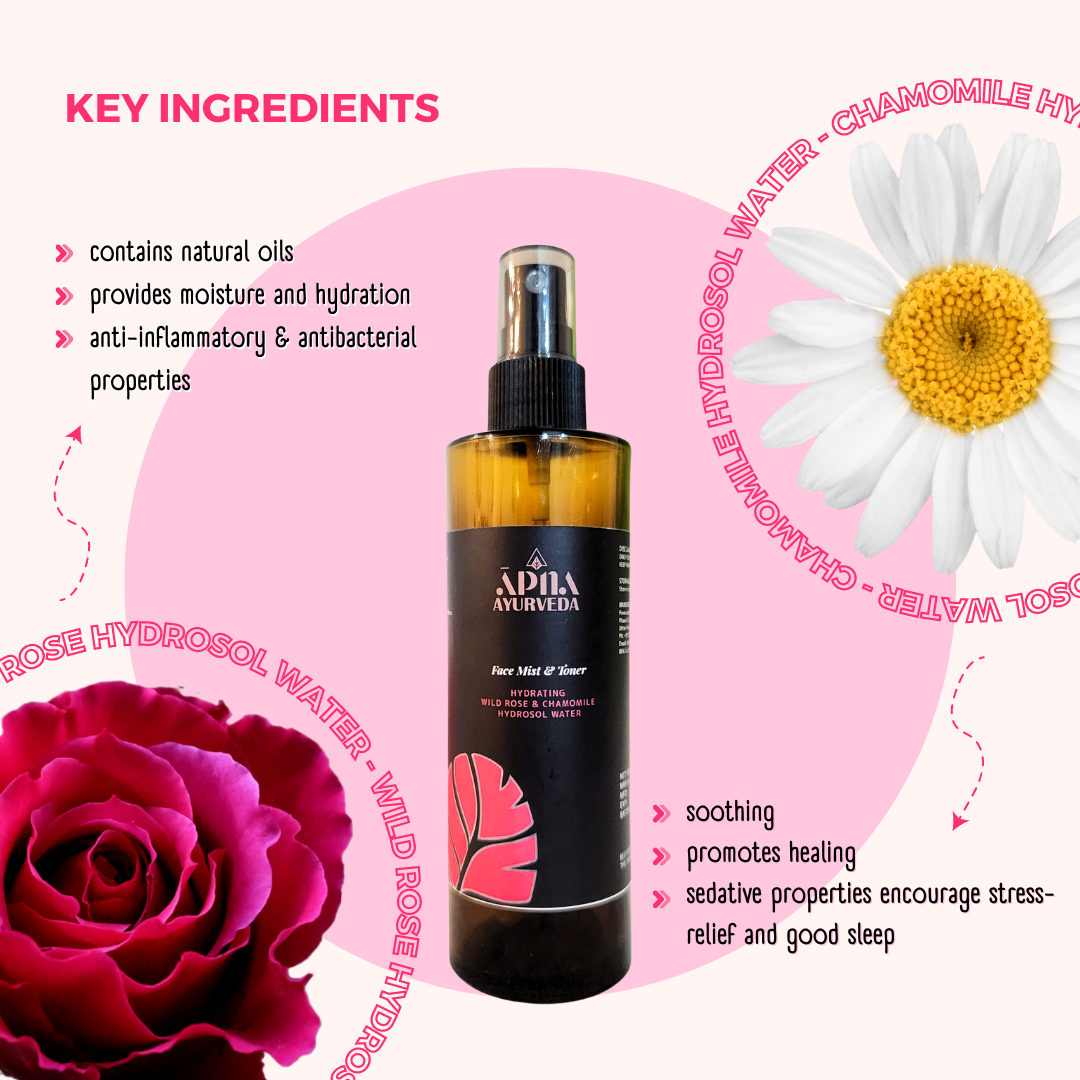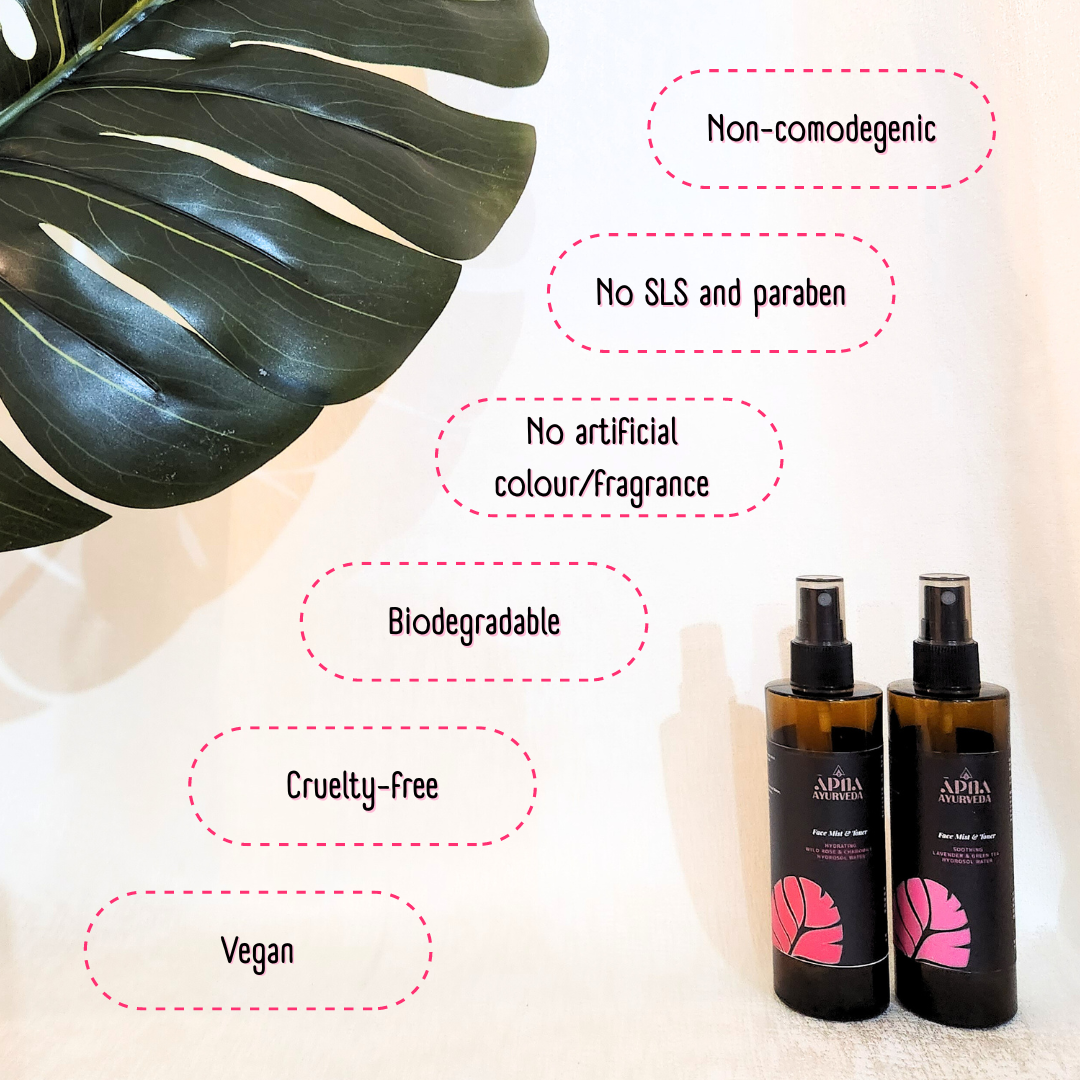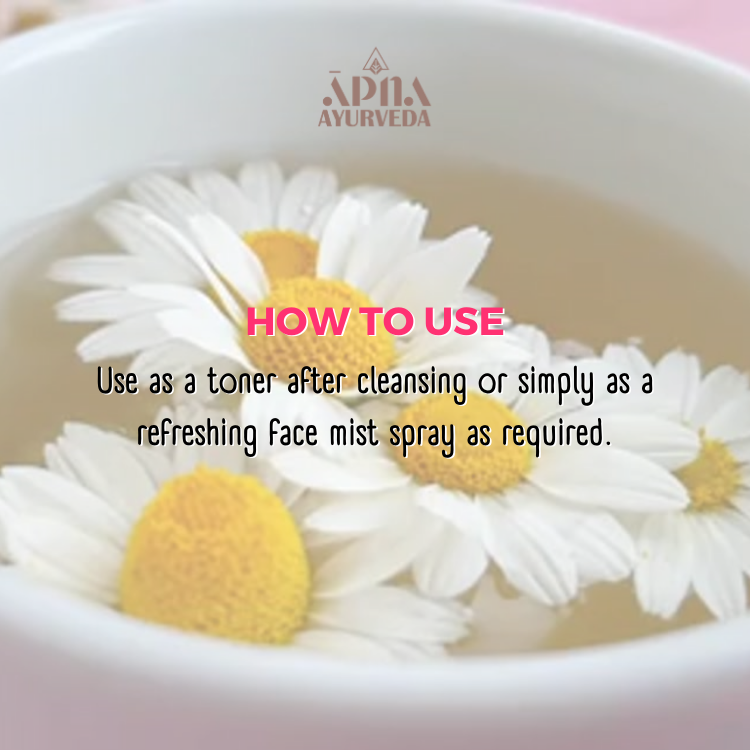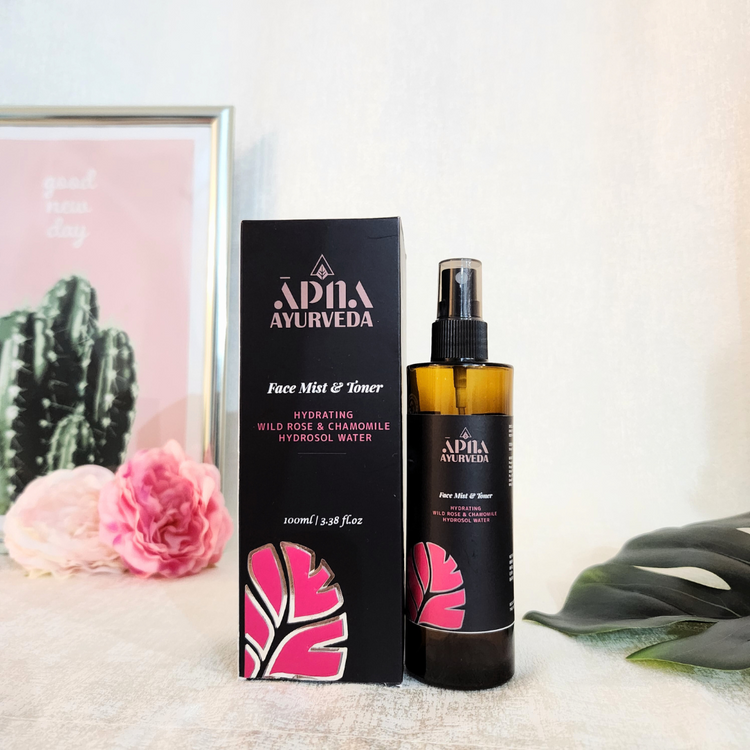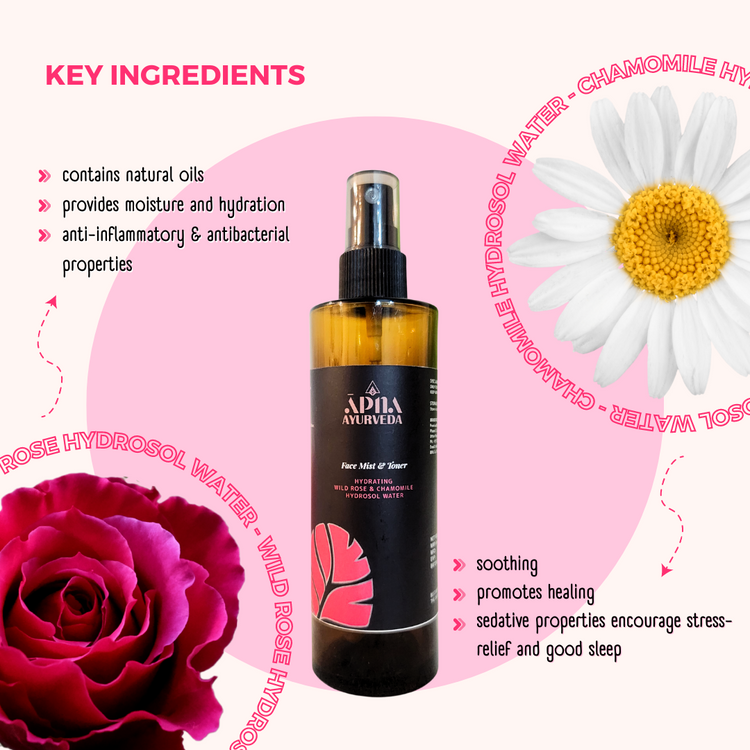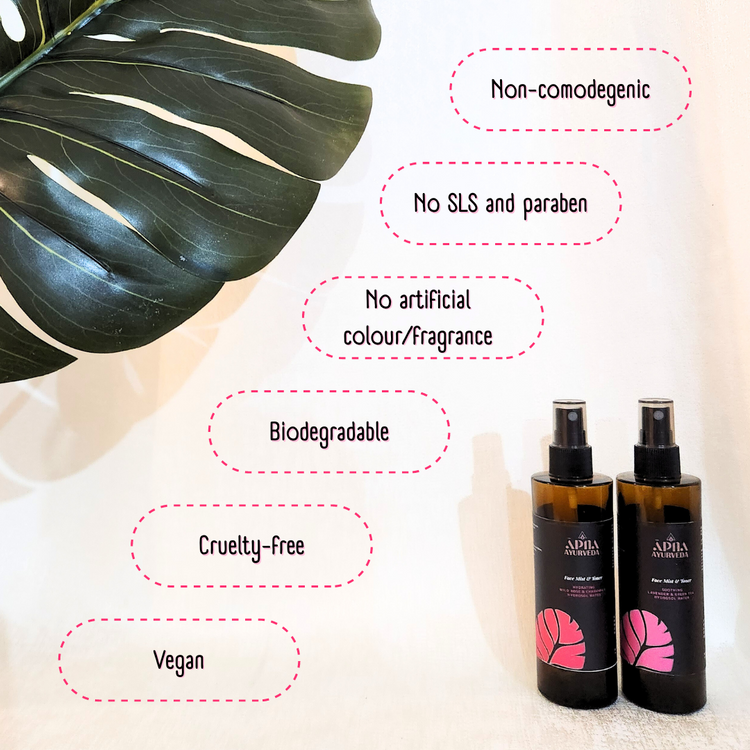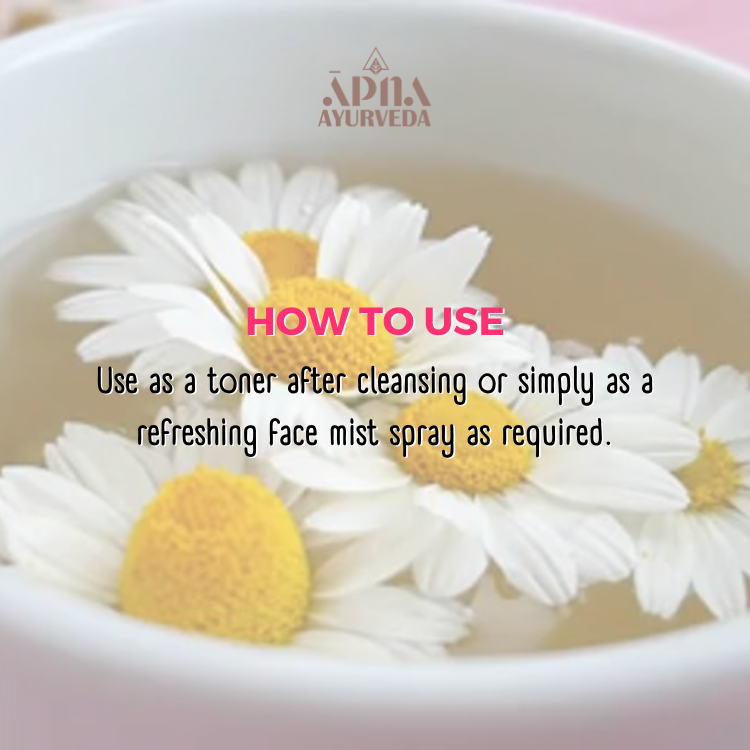In an era where the purity of skincare products is pivotal for their effectiveness, the demand for natural and transparent beauty solutions has surged. This clean beauty trend underscores growing consumer awareness and the desire for products that are not only effective but safe and environmentally friendly. Among these, rose water is celebrated for its hydrating properties and its ability to soothe skin irritation and enhance complexion. At Premium Bionaturals, we champion this movement towards greener, cleaner beauty, striving to provide our customers with products that support a healthier earth.
How to Identify Pure Rose Water?
The search for pure rose water starts with understanding its source and production. True purity begins with the roses themselves; they should be organically grown, free from pesticides and harmful chemicals.
- Source: Roses used should be organically grown, without any pesticides or harmful chemicals.
- Distillation: The best rose water comes from steam distillation, which helps retain the natural properties of the rose petals.
- Scent and Color: Pure rose water typically has a subtle, natural aroma and a clear, slightly tinted look. It should not appear bright or artificially coloured.
- Packaging: To maintain its purity, rose water should be stored in dark glass bottles that prevent sunlight degradation.
Why Purity Matters?
In the world of skincare, the purity of products is not just a preference but a necessity. Pure rose water maximises the therapeutic benefits while ensuring safety and minimising the risk of adverse reactions. We help our consumers in understanding these key factors and help them make informed choices about the products they infuse into their skincare regimen.
Essential Nature of Purity: The integrity of rose water is paramount, not only to harness its skincare benefits but also to mitigate health risks.
Consequences of Impurities: Rose water loaded with synthetic fragrances and preservatives can provoke skin irritation and allergic reactions, undermining both its efficacy and safety.
Selection of Pure Products: Opting for pure rose water ensures the skin absorbs all beneficial, natural properties, avoiding the hazards posed by synthetic additives.
Extended Implications: Consistently using impure rose water could exacerbate skin conditions, disrupt natural skin balance, and potentially lead to long-term dermatological issues.
Advisory for Consumers: It is advisable to rigorously check ingredient lists and sourcing information to verify the purity of rose water, promoting a healthier skincare routine.
Spotting Impure Rose Water
Identifying fake or impure rose water is straightforward. Genuine rose water has a subtle, natural scent, unlike the overpowering fragrance of artificial types. It should be clear, without any cloudy appearances or residue settling at the bottom, indicating the absence of added oils or impurities.
Common Additives and Preservatives in Fake Rose Water
When shopping for rose water, it is crucial to be vigilant about the product's ingredients to ensure you're getting a pure, beneficial product. Unfortunately, not all rose waters are created equal, with many commercial variants containing additives or preservatives that can diminish the natural benefits of rose water or even cause harm. Here are some common additives found in non-pure rose water:
- Parabens (Methyl, Propyl, Butyl, and Ethyl Paraben): These are widely used as preservatives in the cosmetic industry. While effective in preventing the growth of bacteria and fungi, parabens can disrupt hormone functions, which might lead to increased health risks.
- Alcohol: Often added as a preservative or to enhance the feeling of skin tightening. However, alcohol can be extremely drying to the skin, stripping away natural oils and leading to irritation or dryness.
- Synthetic Fragrances: These are added to make the product more appealing. Synthetic fragrances can cause allergic reactions, dermatitis, and other skin irritations, especially in sensitive skin types.
- Propylene Glycol: Used as a skin conditioning agent, it can penetrate the skin and can cause irritation and skin sensitivity.
- Artificial Colours: Added purely for aesthetic purposes, artificial colours do nothing for the skin and can be irritants or allergens.
The presence of these chemicals in rose water not only compromises its purity but also its effectiveness as a skincare product. For those who value the therapeutic qualities of rose water, such as its soothing and hydrating properties, opting for products that are free from these harmful additives is essential. Understanding the ingredient list of your rose water can help in making an informed choice, ensuring that you benefit fully from the natural goodness of real rose petals without the risks associated with synthetic additives.
Discover the Āpna Ayurveda Hydrating Wild Rose & Chamomile Hydrosol Water.
Our Āpna Ayurveda Hydrating Wild Rose & Chamomile Hydrosol Water epitomises purity and effectiveness. Formulated for all skin types, including sensitive ones, this facial toner revitalises the skin with every spray. It is perfect for use after cleansing, before moisturising, or anytime your skin needs a refreshing boost. This versatile product isn't just for your face; it can also soothe your body and scalp, providing a holistic approach to skincare.
Embracing pure, natural and 100% organic products like our Āpna Ayurveda Skincare products aligns with a healthier, more sustainable lifestyle. At Premium Bionaturals, we are committed to delivering skincare solutions that uphold these values. We urge you to explore the full range of our Āpna Ayurveda skincare products, each crafted with care and respect for both your skin and the environment.


